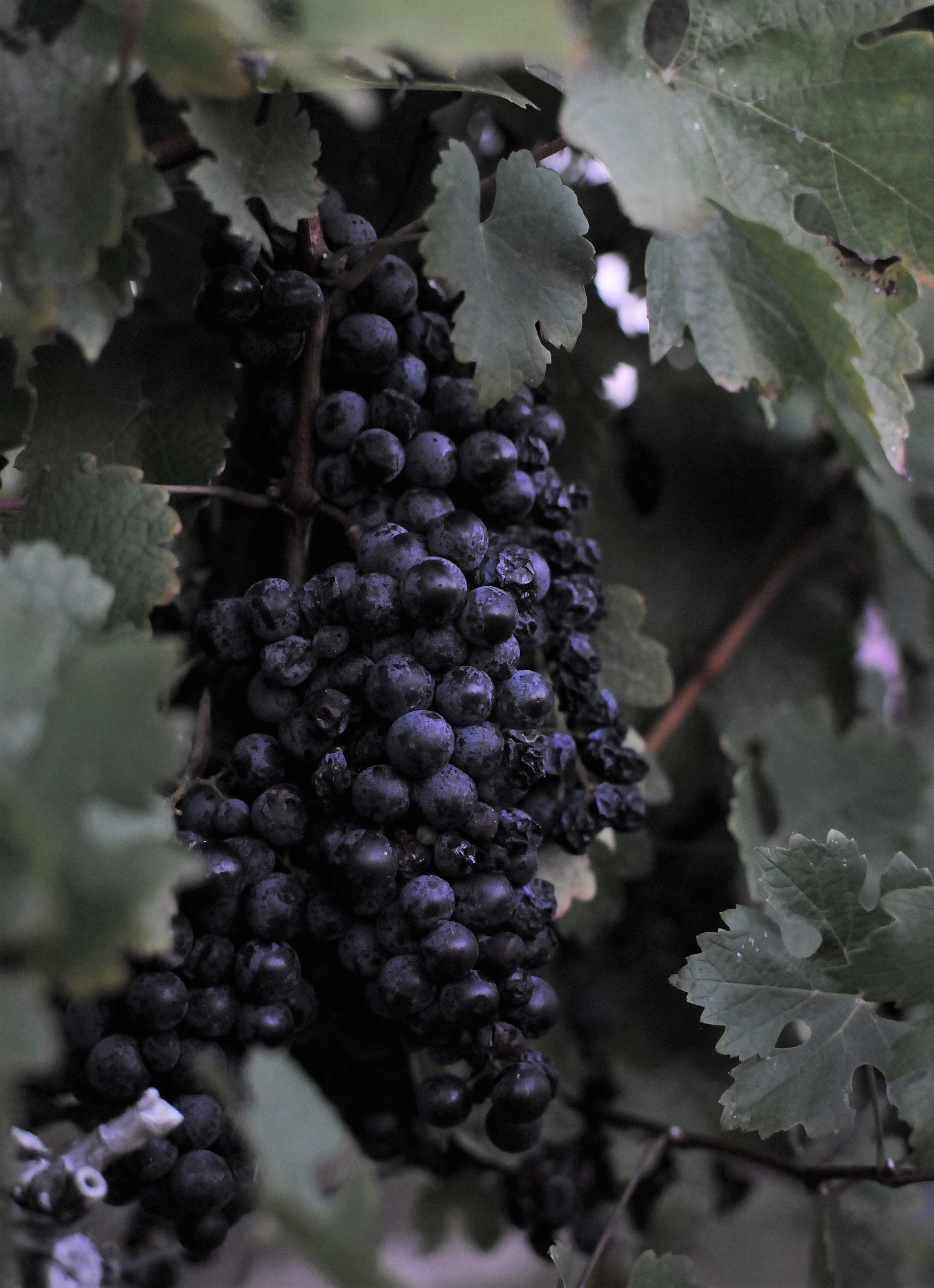 By Ward Shope
By Ward Shope
Recently, I was in a New Life staff meeting where we were discussing what discipleship should look like at New Life. Somewhere in the discussion, someone (it was probably me) used the term “covenant”. At least one staff member expressed how this term left a sour taste in their mouth. “Covenant” seemed to be a way to describe who is in and who is out—the implication being that we should focus on the “ins.” If the “outs” happened to be present, well that’s just an added benefit. All of this led to a healthy discussion on what the nature of the church is—and more specifically, what membership is all about.
What does membership have to do with discipleship anyway? Is there anything intrinsically different about being a member of a church as opposed to participating in a church?
To be fair, there are some churches which don’t have official membership, but still seem to have a covenantal understanding of how people relate each other. But most churches in our culture have formal membership, and hopefully a corresponding understanding of how that impacts our relationships to one another.
I heard the saying, “the church is more like a cluster of grapes than a bag of marbles”, from Mike Hollenbach, who was then an associate pastor at New Life. What keeps us together in the church? Is it the structure of worship and programs that make us a church (the bag which keeps the marbles together), or is there some lifegiving connection that makes us thrive and develop so that we bear fruit together?
In the first picture, we just keep bumping into one another because we happen to be in the same place at the same time. We make friends—sometimes really good friends—and enjoy one another. But our spiritual growth is really an individual responsibility. If someone says something about our spiritual life, we’re likely to see it as intrusion on our private territory.
Grapes, on the other hand, develop together and depend on sap that runs through the stems of the whole cluster, eventually finding their life source in the grapevine trunk. Each cluster of grapes relies on numerous dependencies within a series of stems for a healthy cluster to develop. One can think of this as a development of what Jesus tells us in John 15:1-8.
This is really what the term “covenant” is all about: we have a mutual dependency on one another that enables us to be what God has called us to be—individually as well as corporately. We need to spiritually impact one another’s lives for the health of our church. To ignore or refuse to do this hurts us all. To join the church, then, is to say to the other members, “I invite all of you to do some spiritual meddling in my life for my good.” Since we all have the Spirit within us as believers, we all can potentially disciple one another to some degree for the good of us all.
Of course, the elders need to be the example for this: making choices based on what love directs for the other’s spiritual good. It’s not their intention to crush good fruit, or to damage the vine. But for us to be completely healthy, we will all be discipling others on some level—whether it’s between adults, or between family members, or with the children and parents of others. And we should be humbly willing to receive others who disciple us. In this way, we learn to know Christ together and become fruitful.
